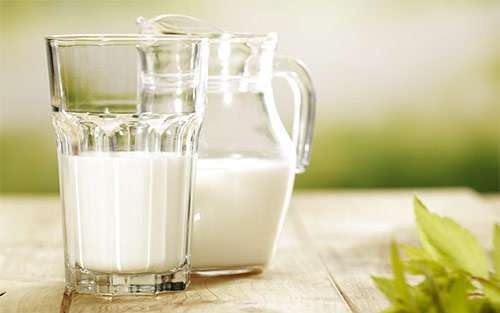
There’s nothing like a refreshing cold glass of milk with your pancakes, French toast and cereal in the morning (or with your Oreos). So when it comes to shopping for milk, how do you know what is the “best” kind for you? There are more types than ever on grocery shelves these days: nonfat, skim, soy, almond – the list goes on. But what about organic milk? Is it healthier for people in general?
We asked Maria Petzel, senior clinical dietitian for the Pancreas Surgery Program at MD Anderson Cancer Center and Pancreatic Cancer Action Network Scientific and Medical Advisory Board Member, to help us understand the difference between the two and if one is healthier than the other. Here’s what she said:
“Though we know that organic farming practices are more environmentally friendly, it’s unclear whether organic meat, poultry, dairy or eggs are more nutritious,” Petzel said. “What is clear is that when animals are fed a healthier diet (grass-fed) they produce meat, eggs and milk with better (omega-3) fat content.”
Petzel also said that while the jury is out on whether organic milk is healthier, it’s required for farms to produce milk that is safe for consumption, no matter what.
“Milk with antibiotics or traces of other veterinary drugs is not allowed in the food supply – so even milk produced conventionally will not have traces of antibiotics. A truckload of milk is tested when it leaves the farm and again when it arrives at the processing facility, and if it tests positive for antibiotics or other veterinary drug residues, it is discarded, by law.”
According to the American Institute of Cancer Research, it’s best to consume milk in moderation as part of a well-balanced diet. Milk is a healthy source of vitamin D, which supports the production of serotonin and calcium – which aids in bone strength.
Come back to our blog each week for more Friday Fix: Your Weekly Nutrition Supplement.















